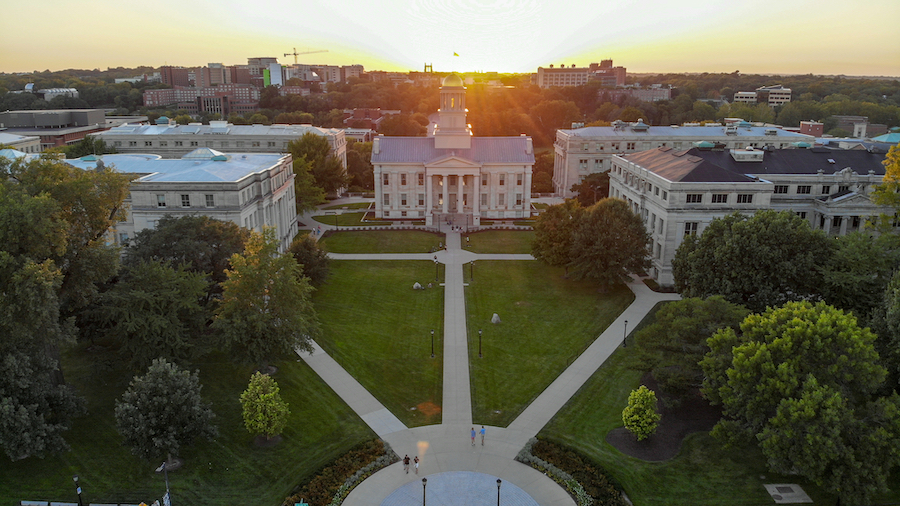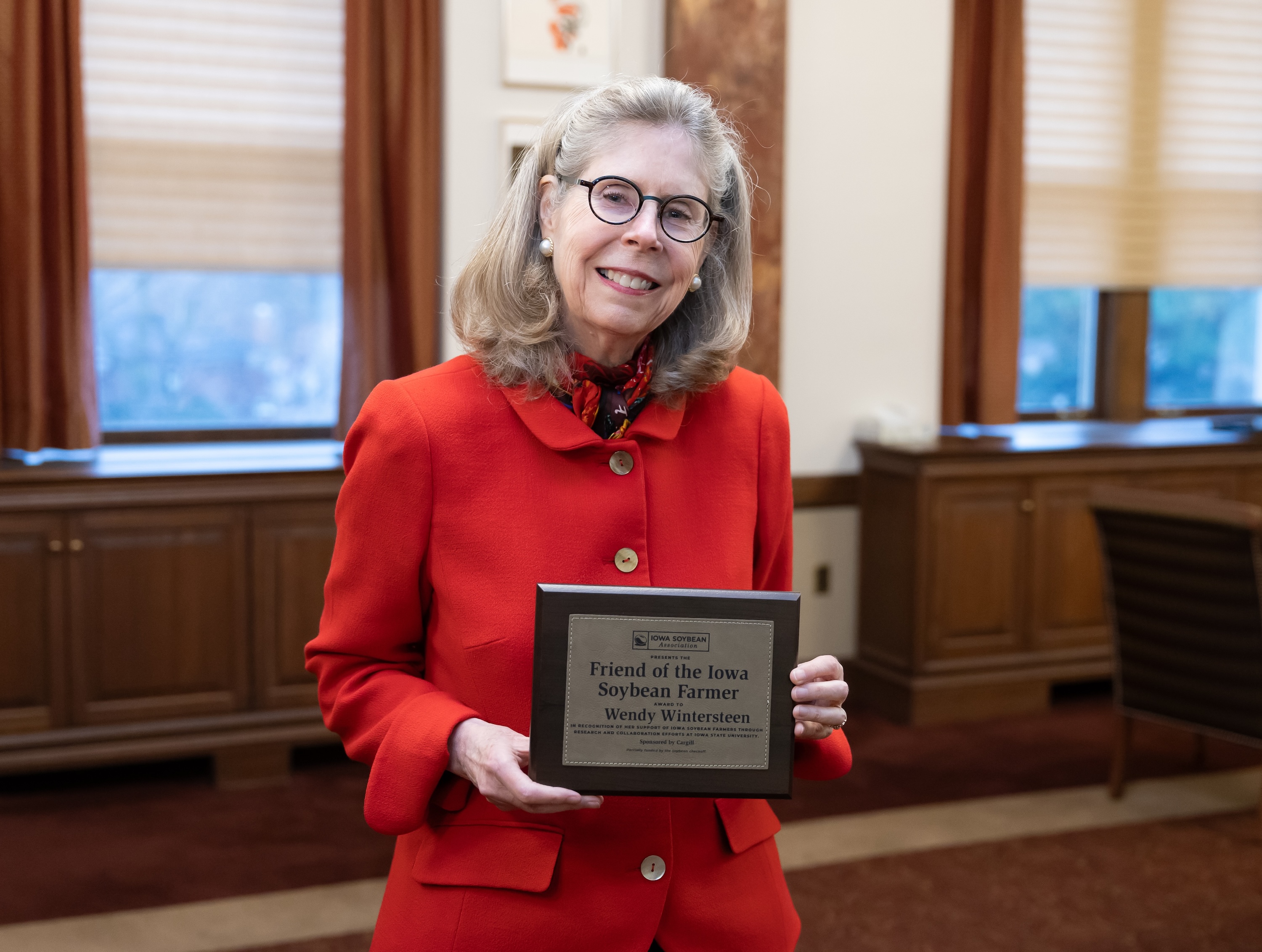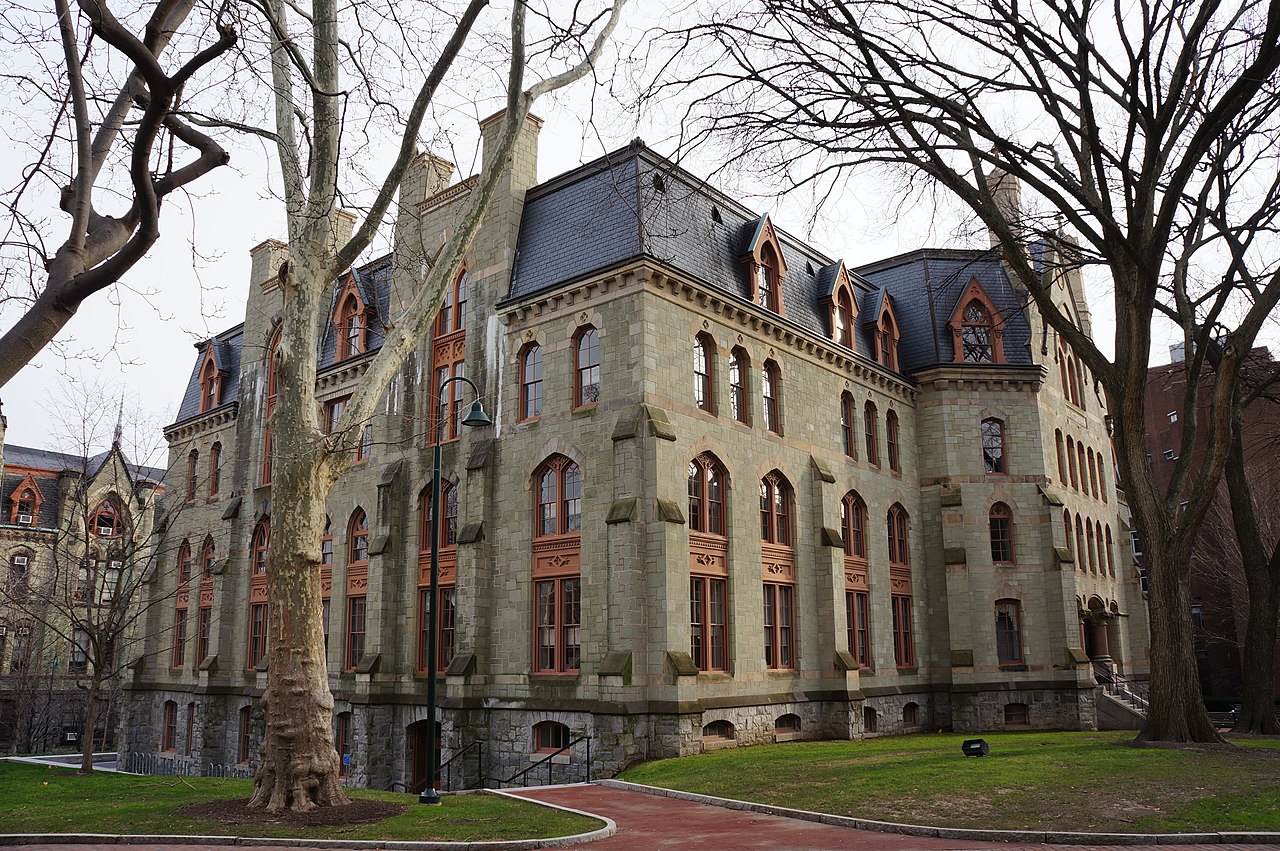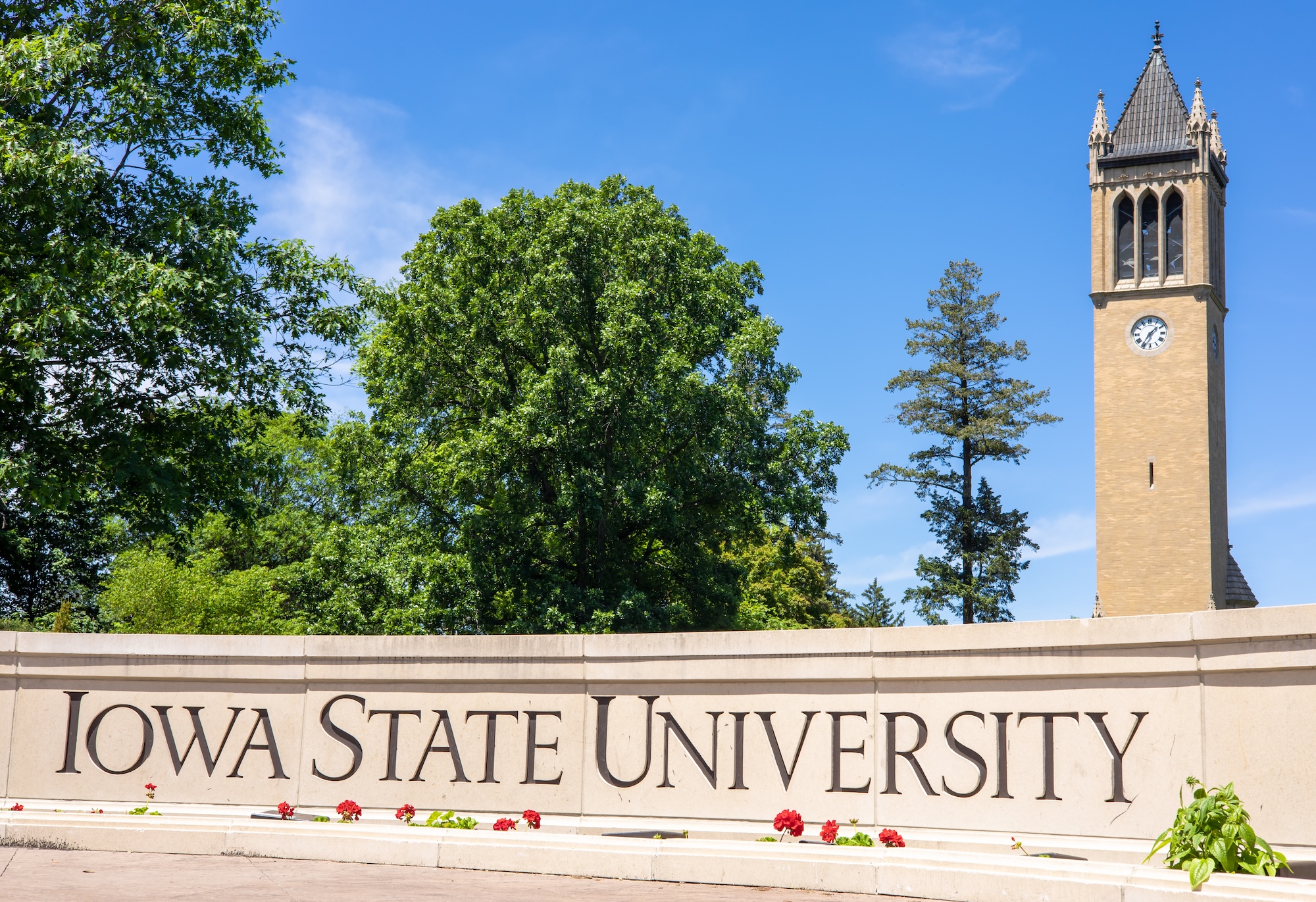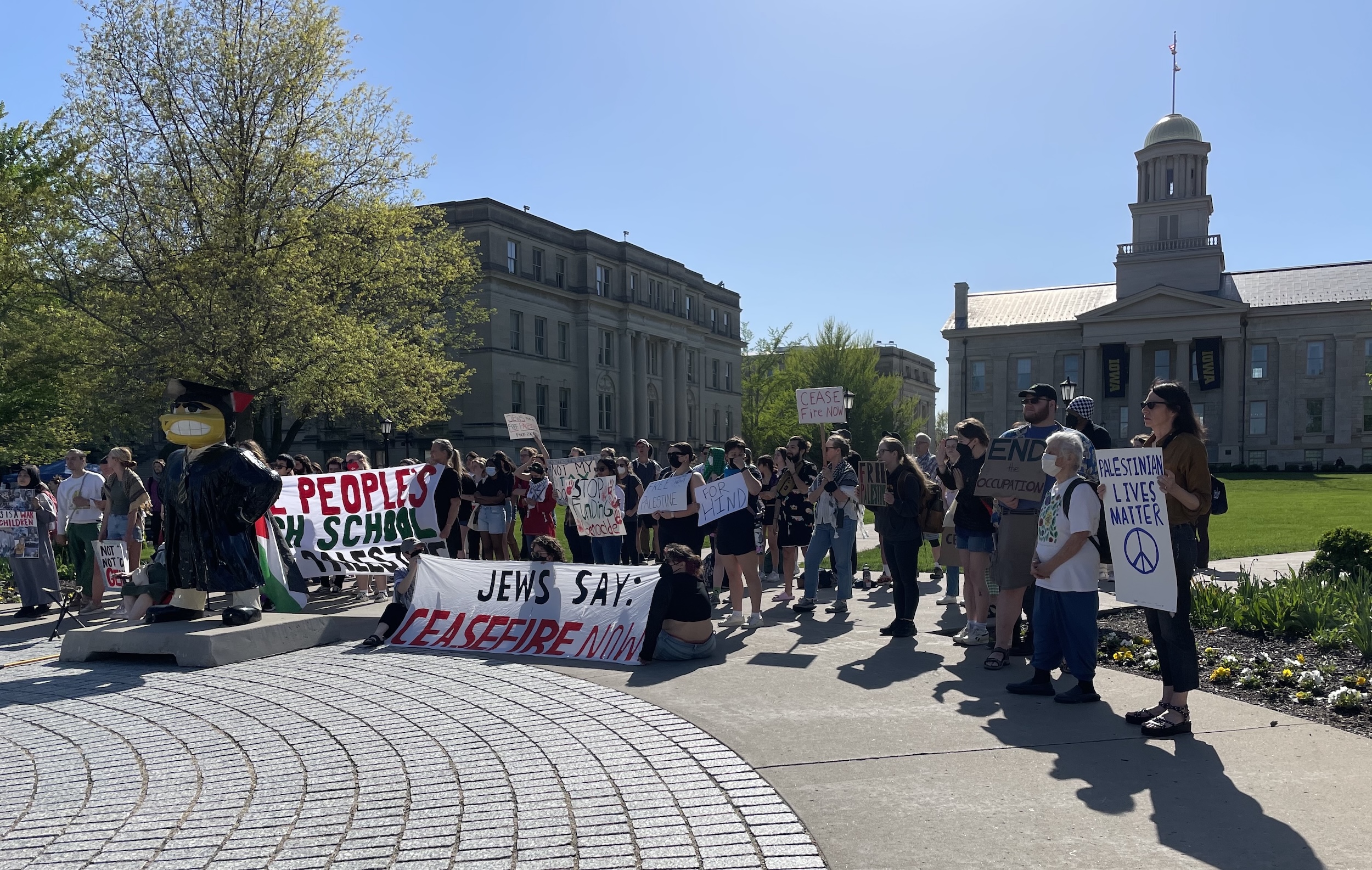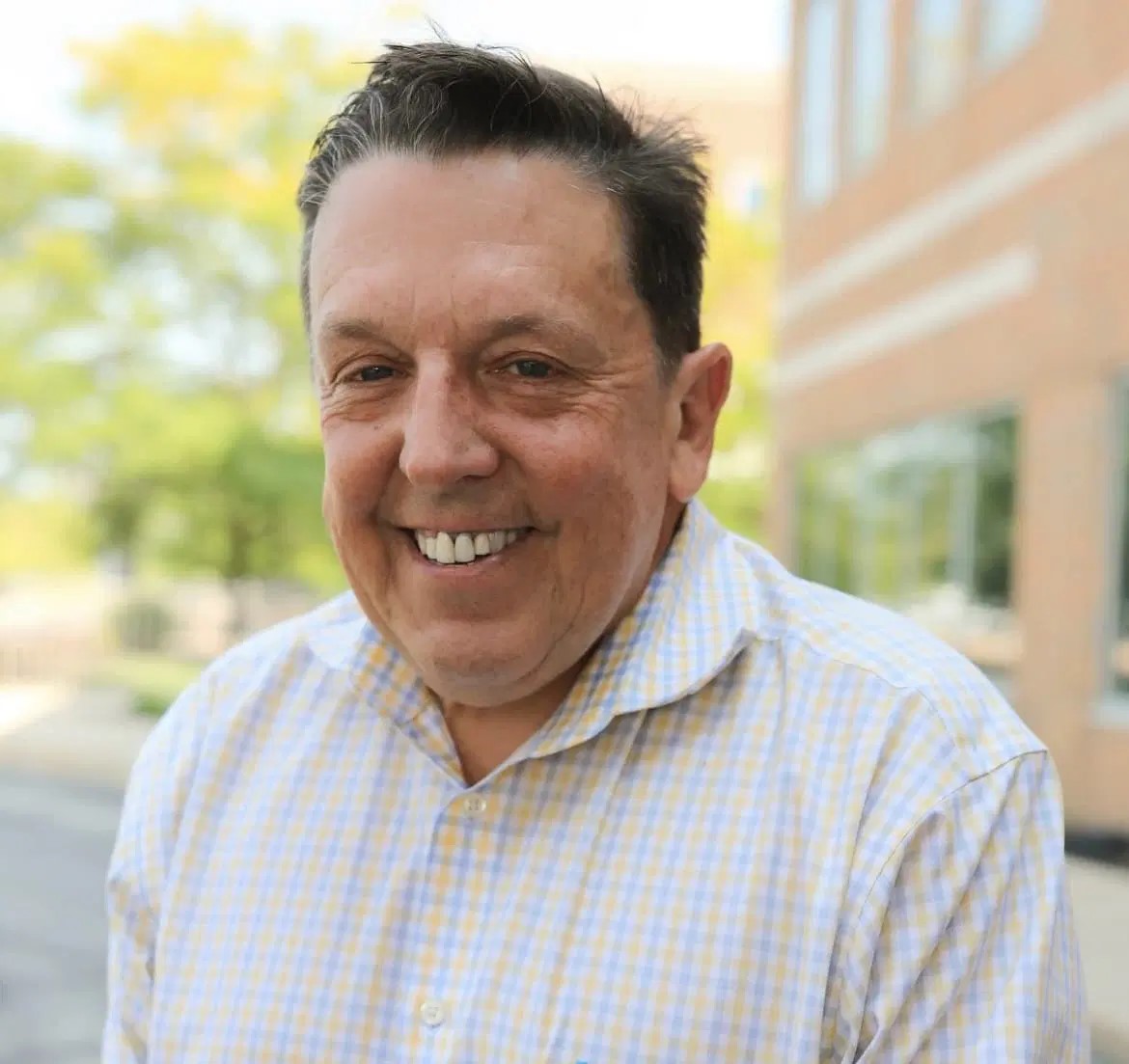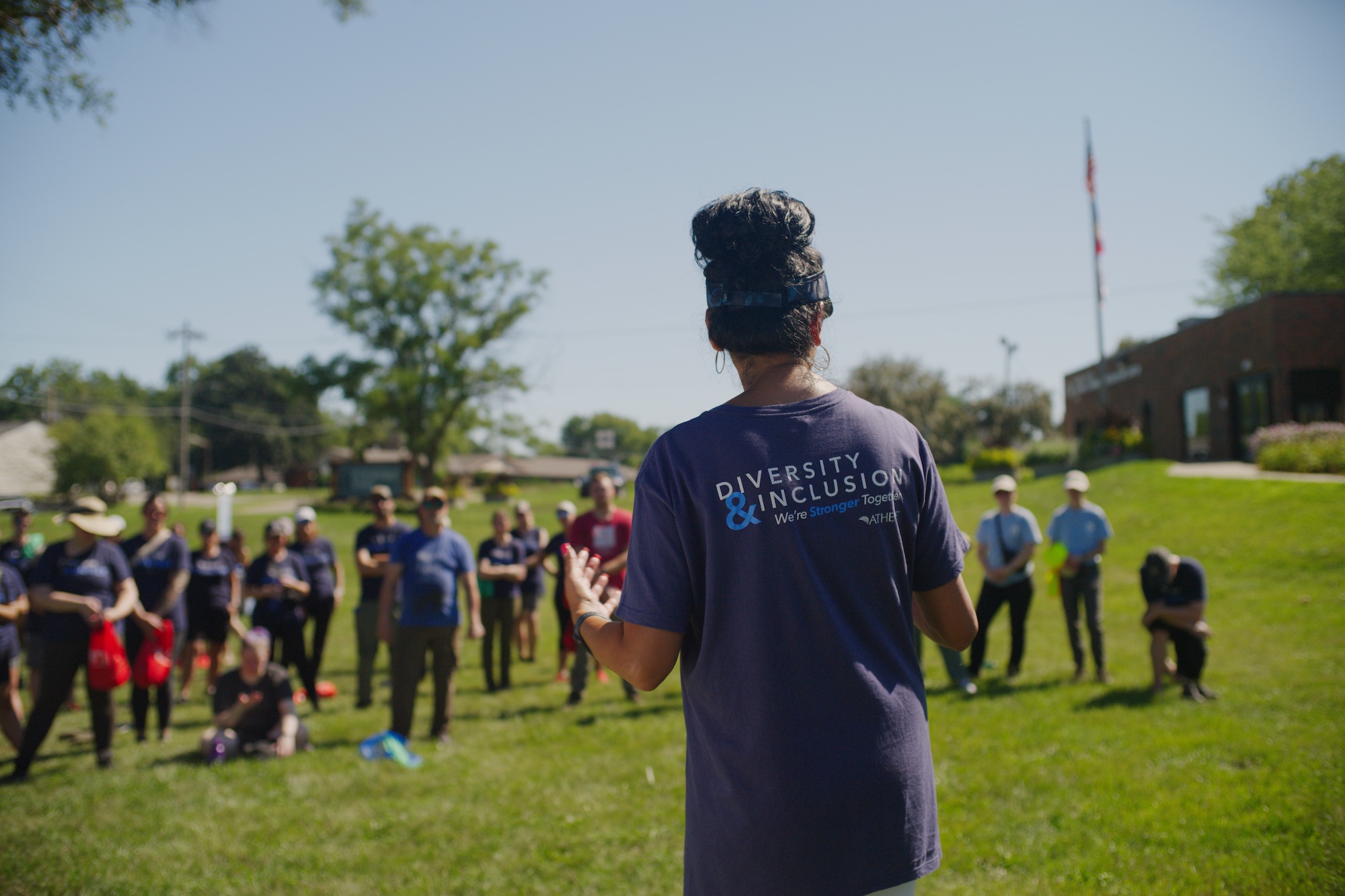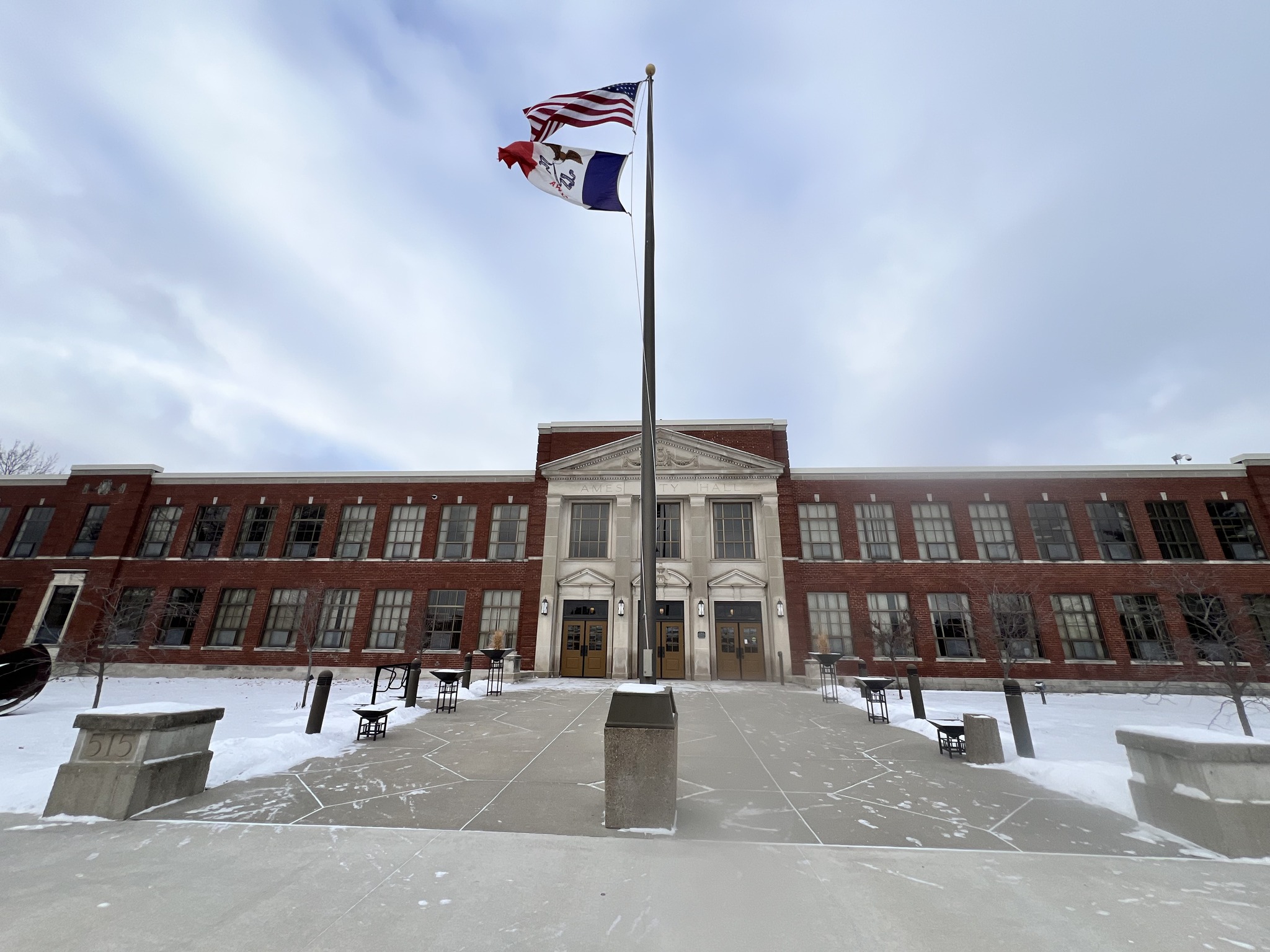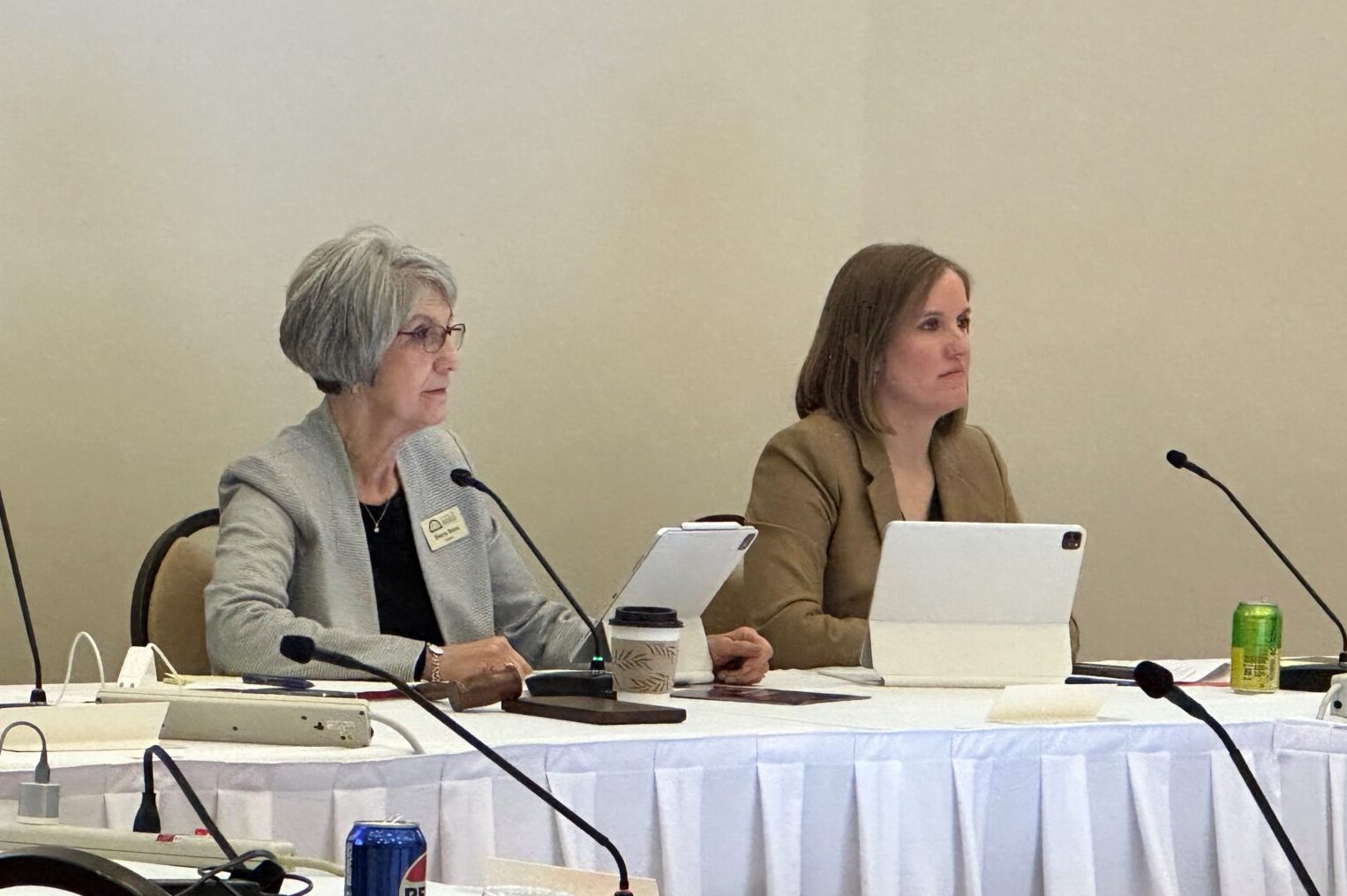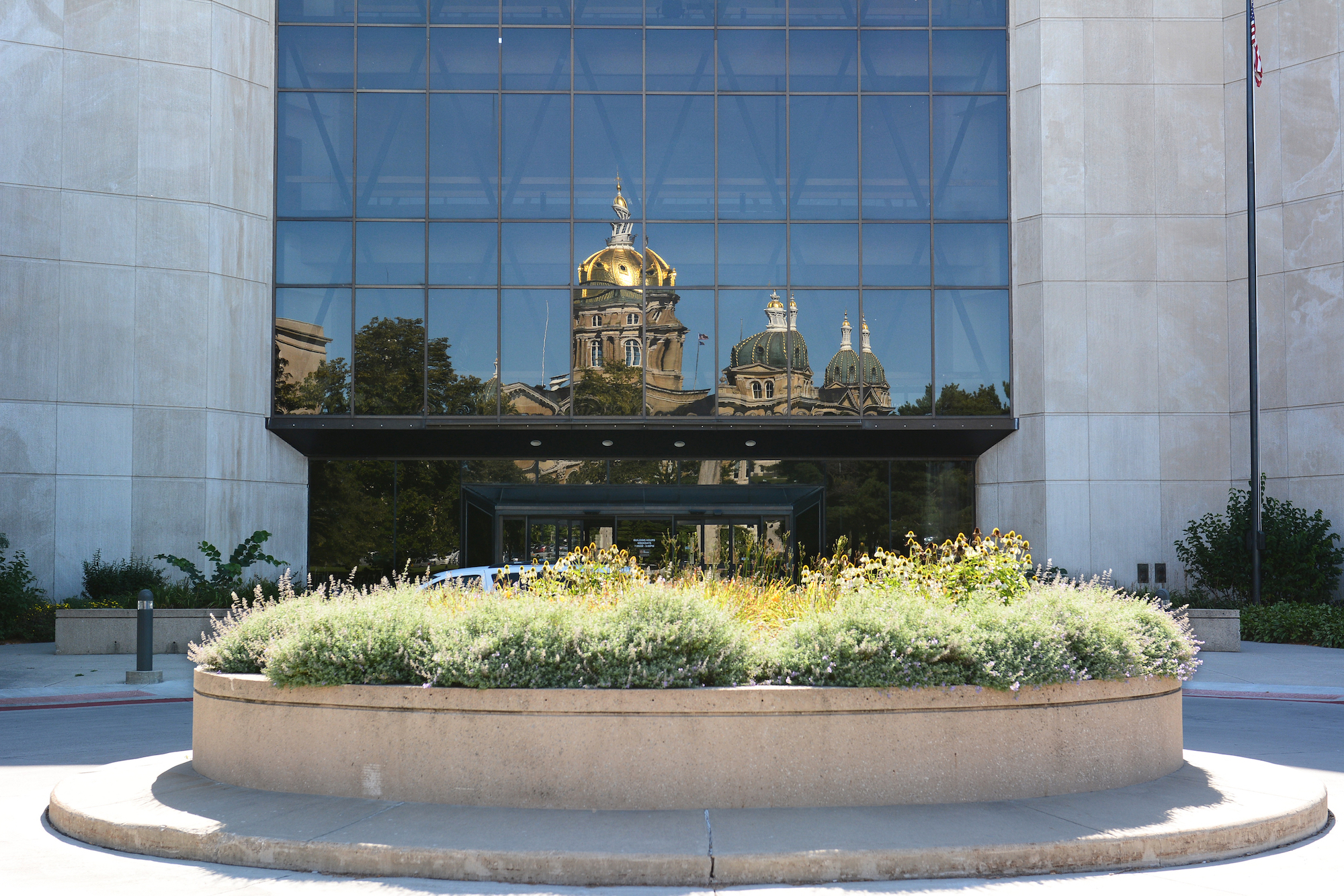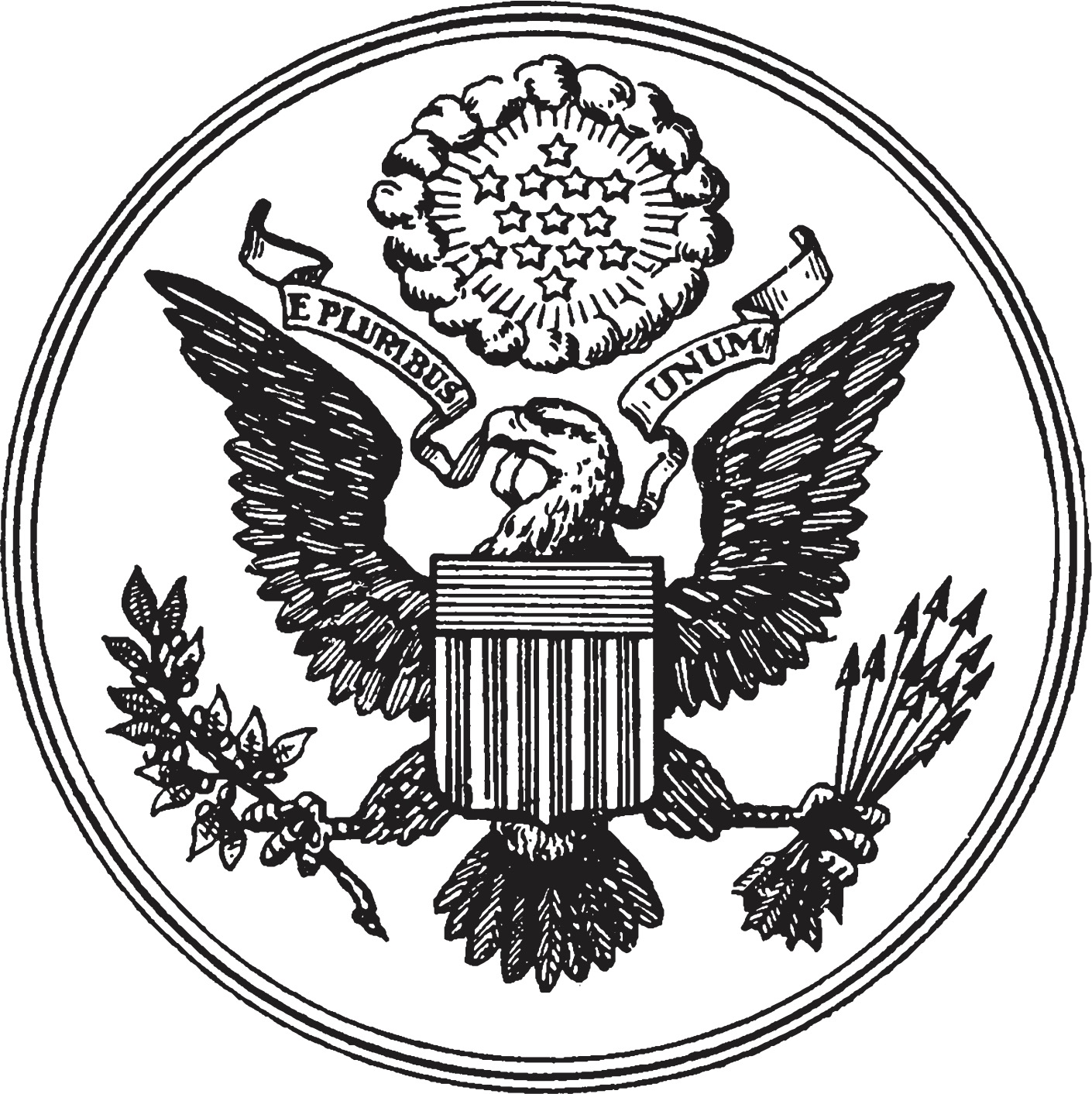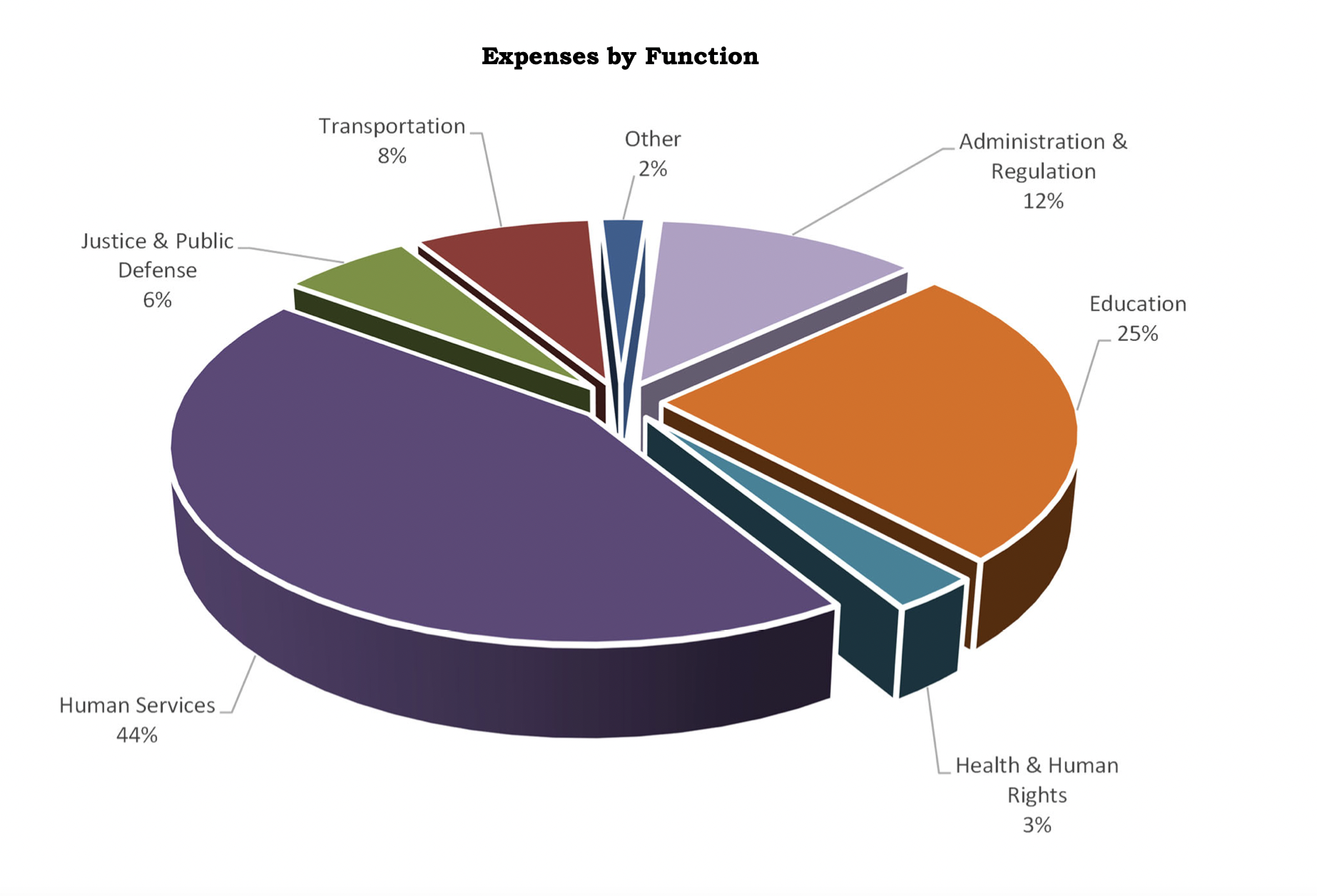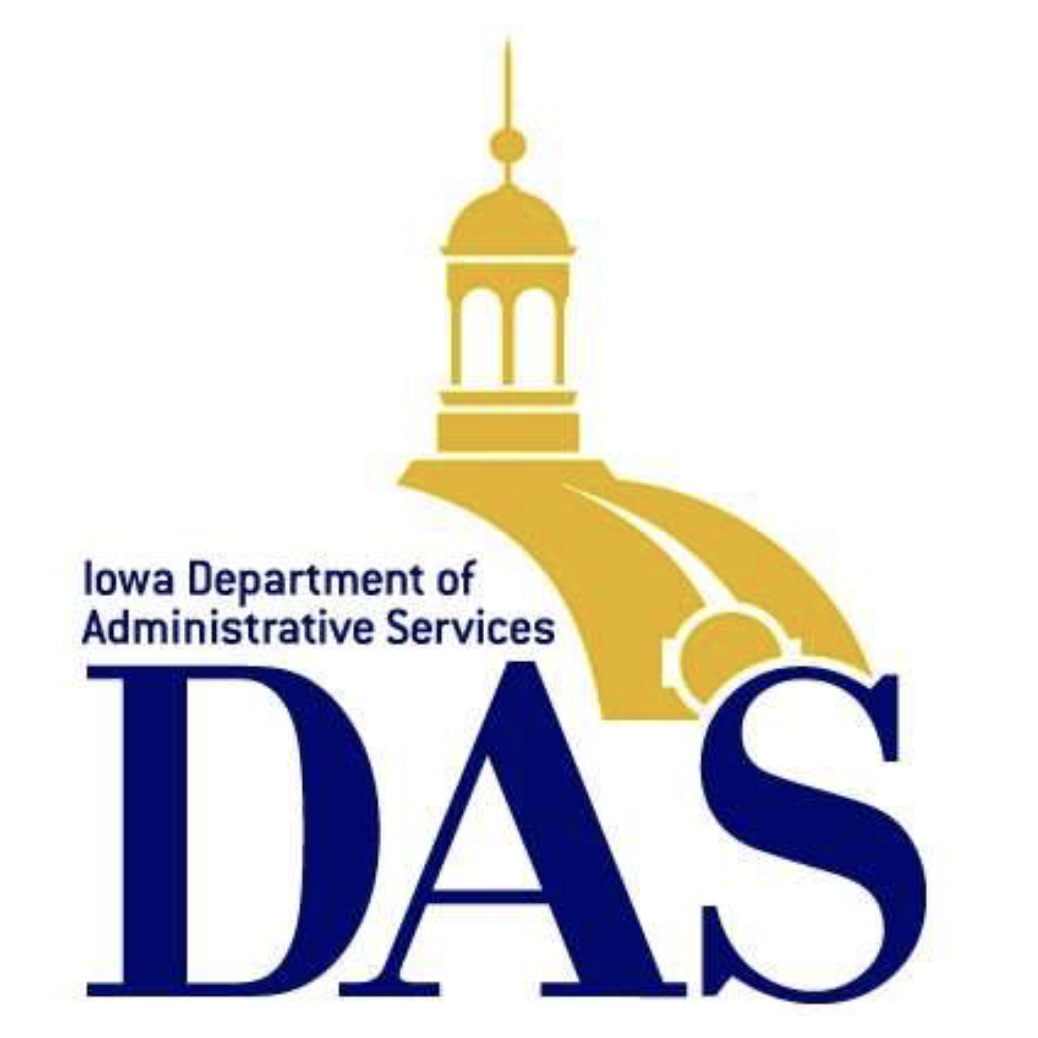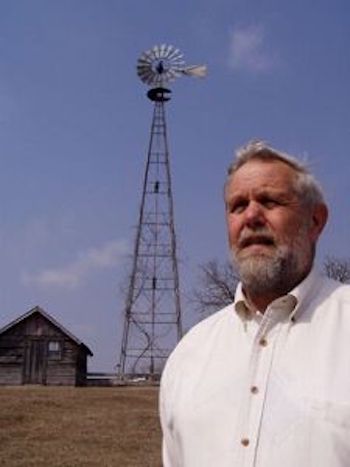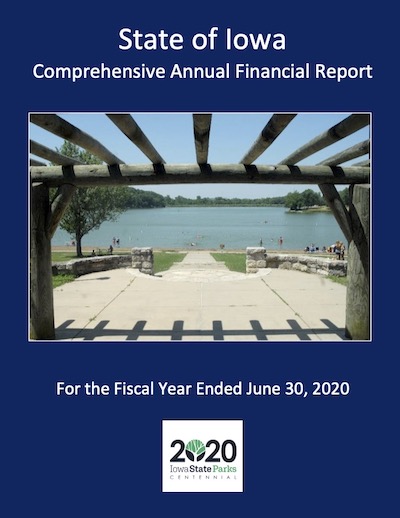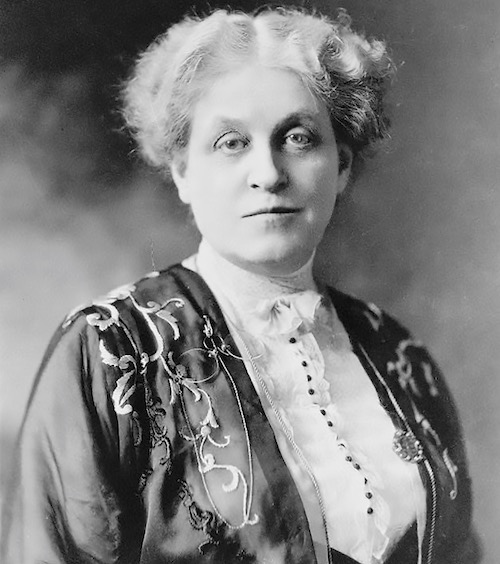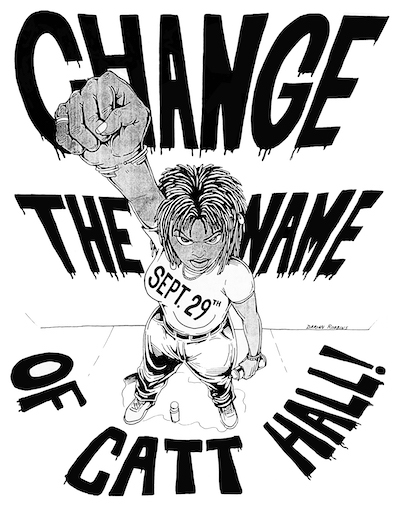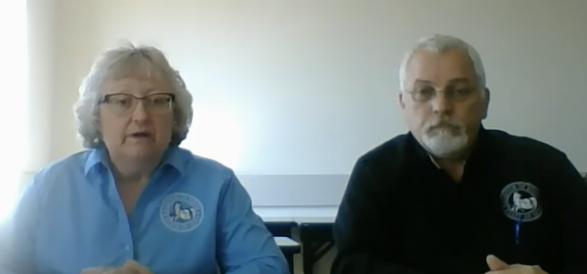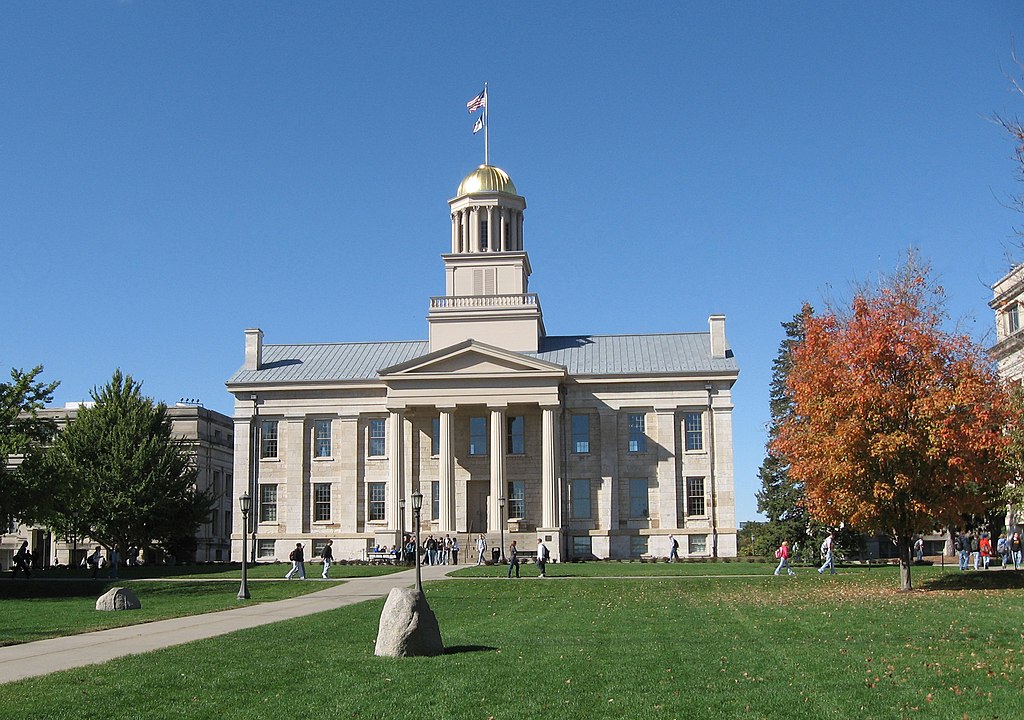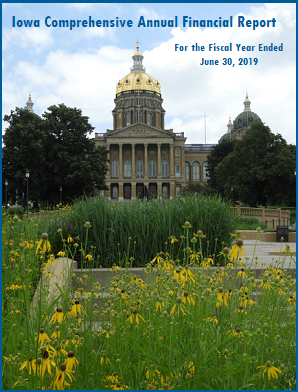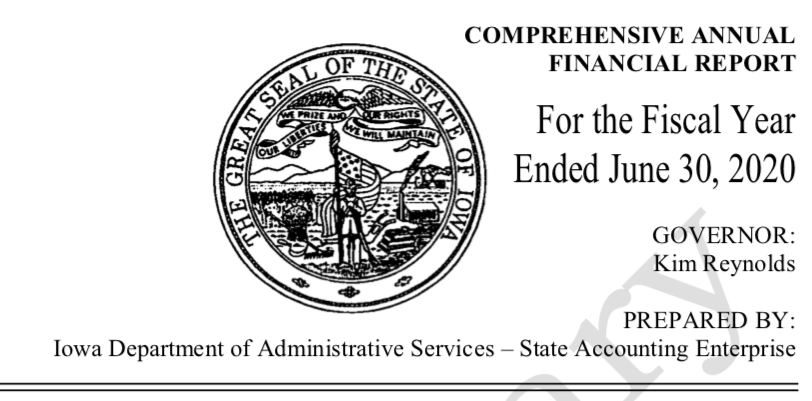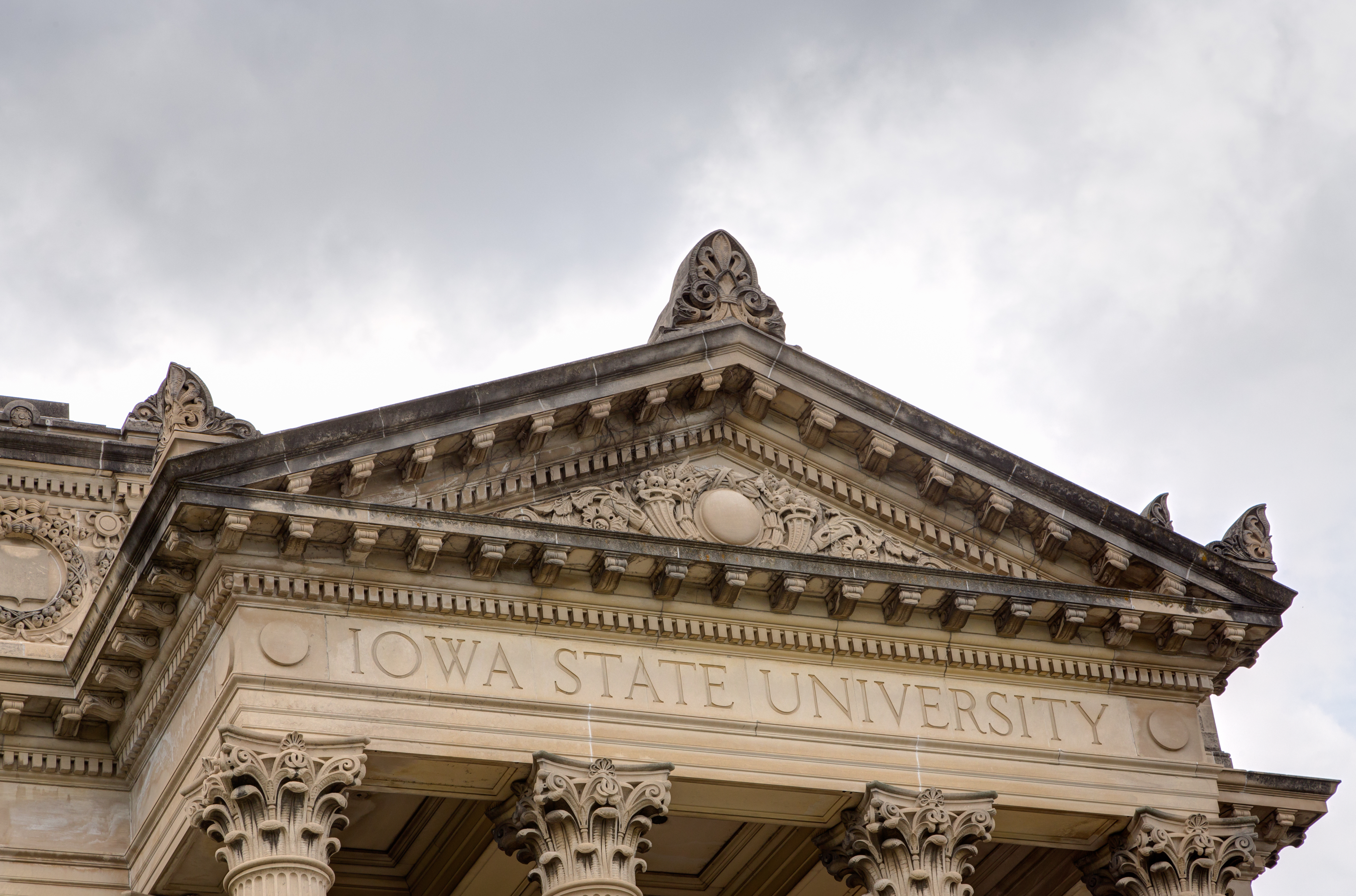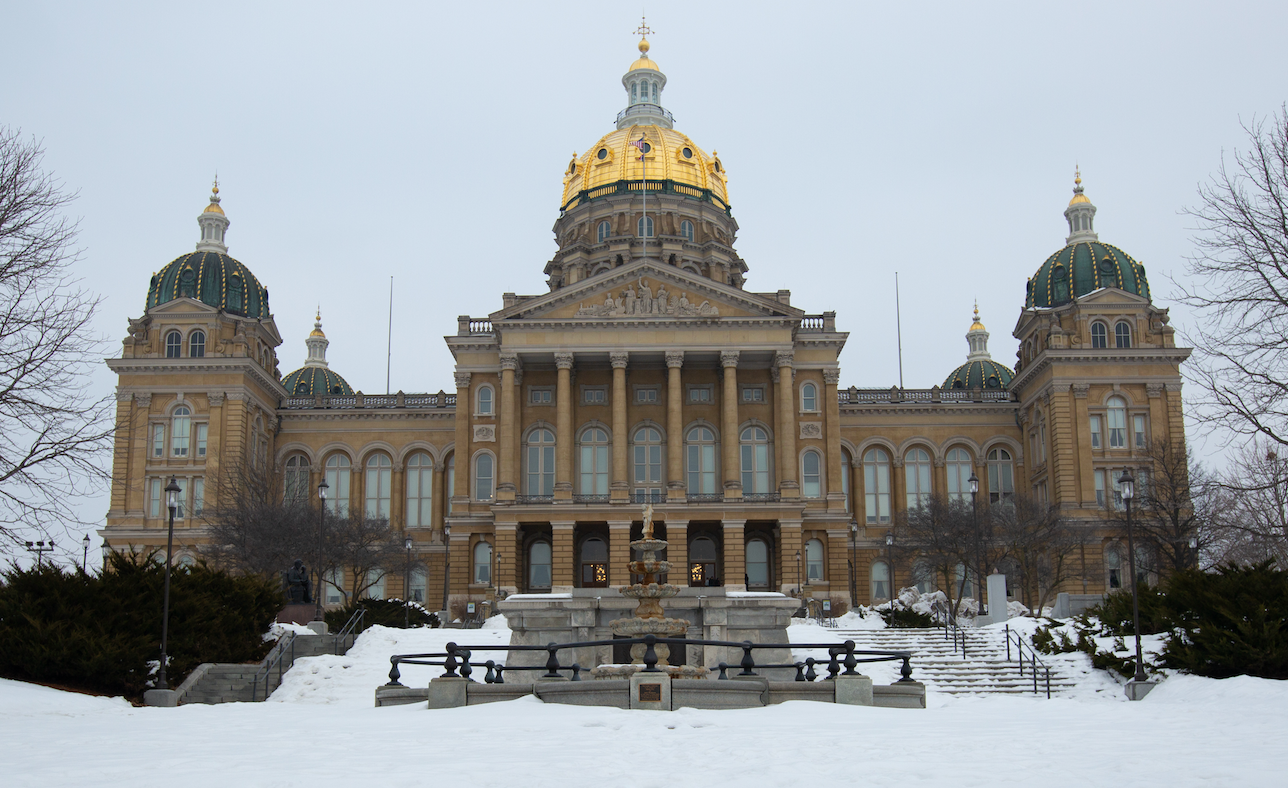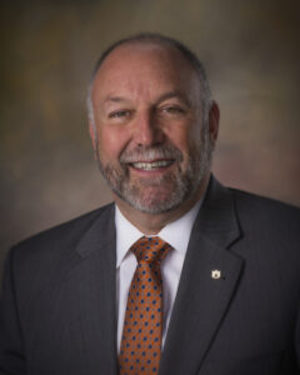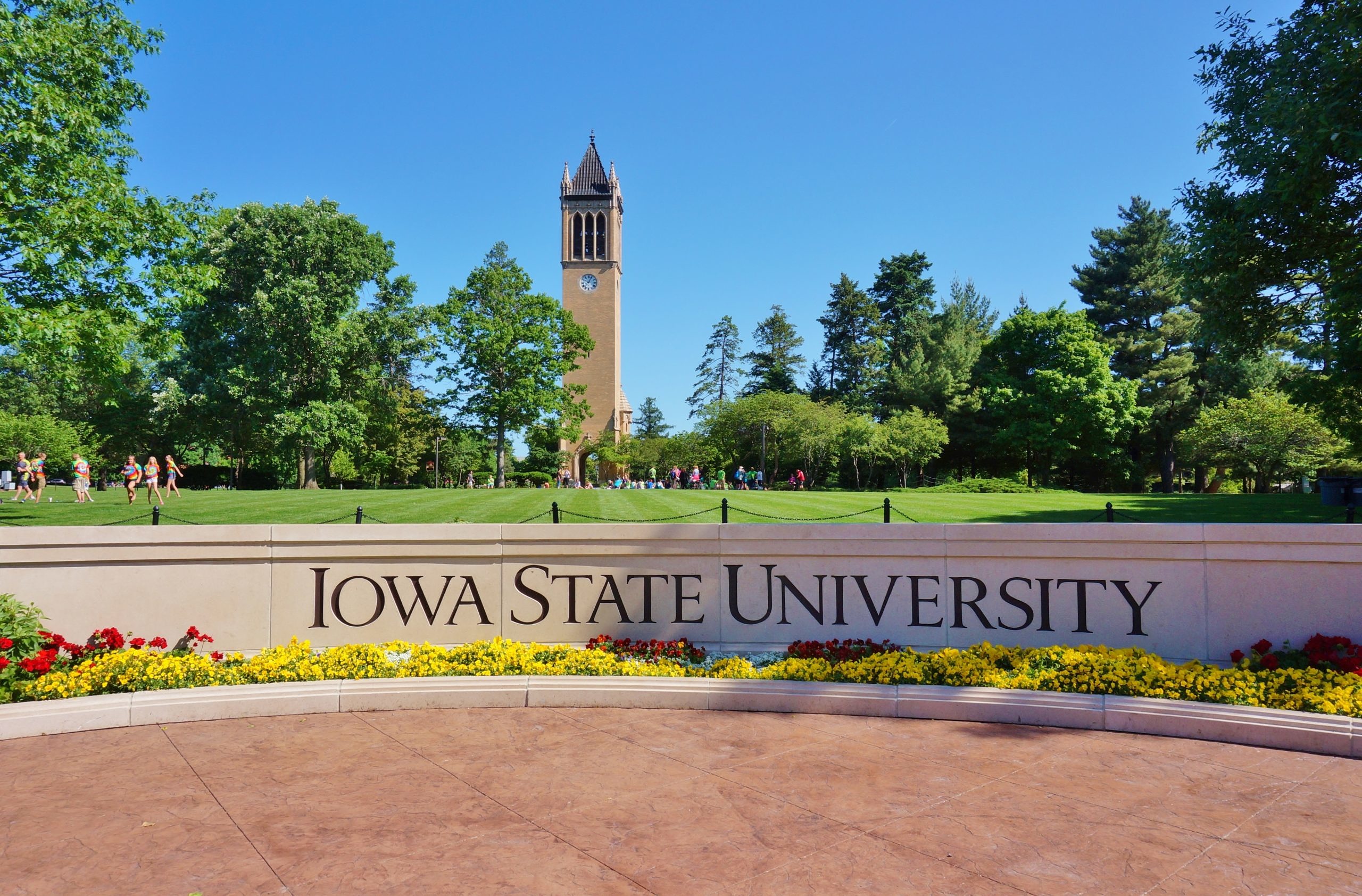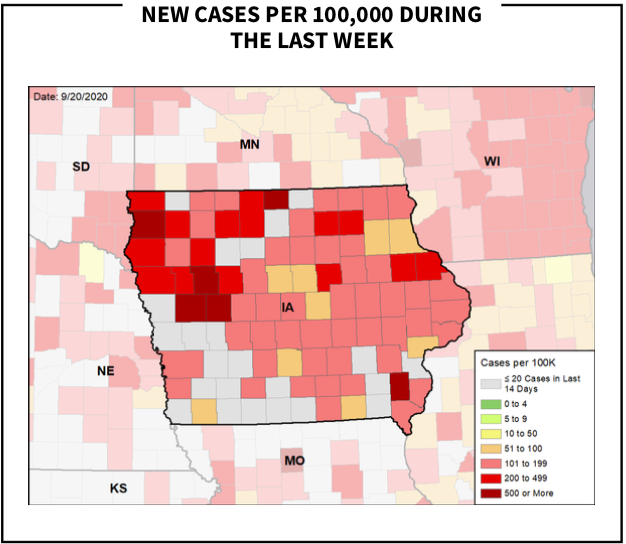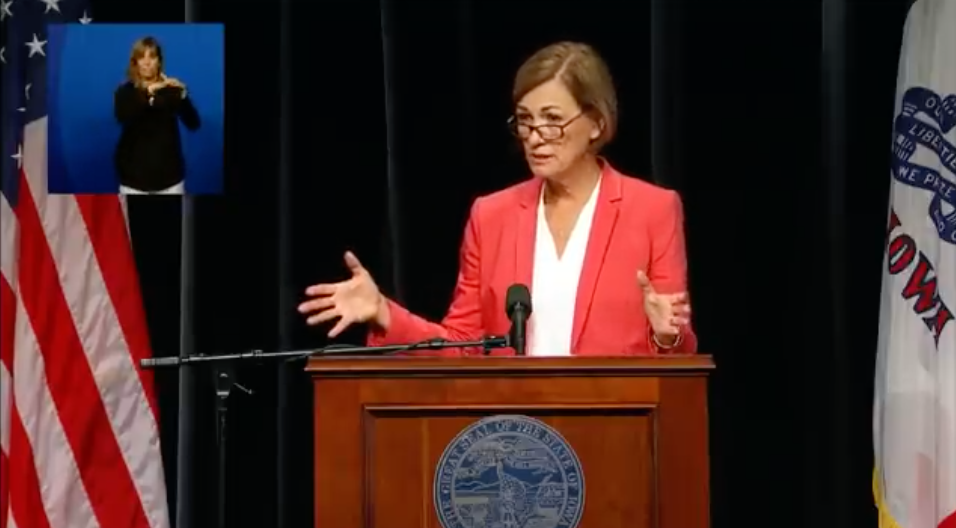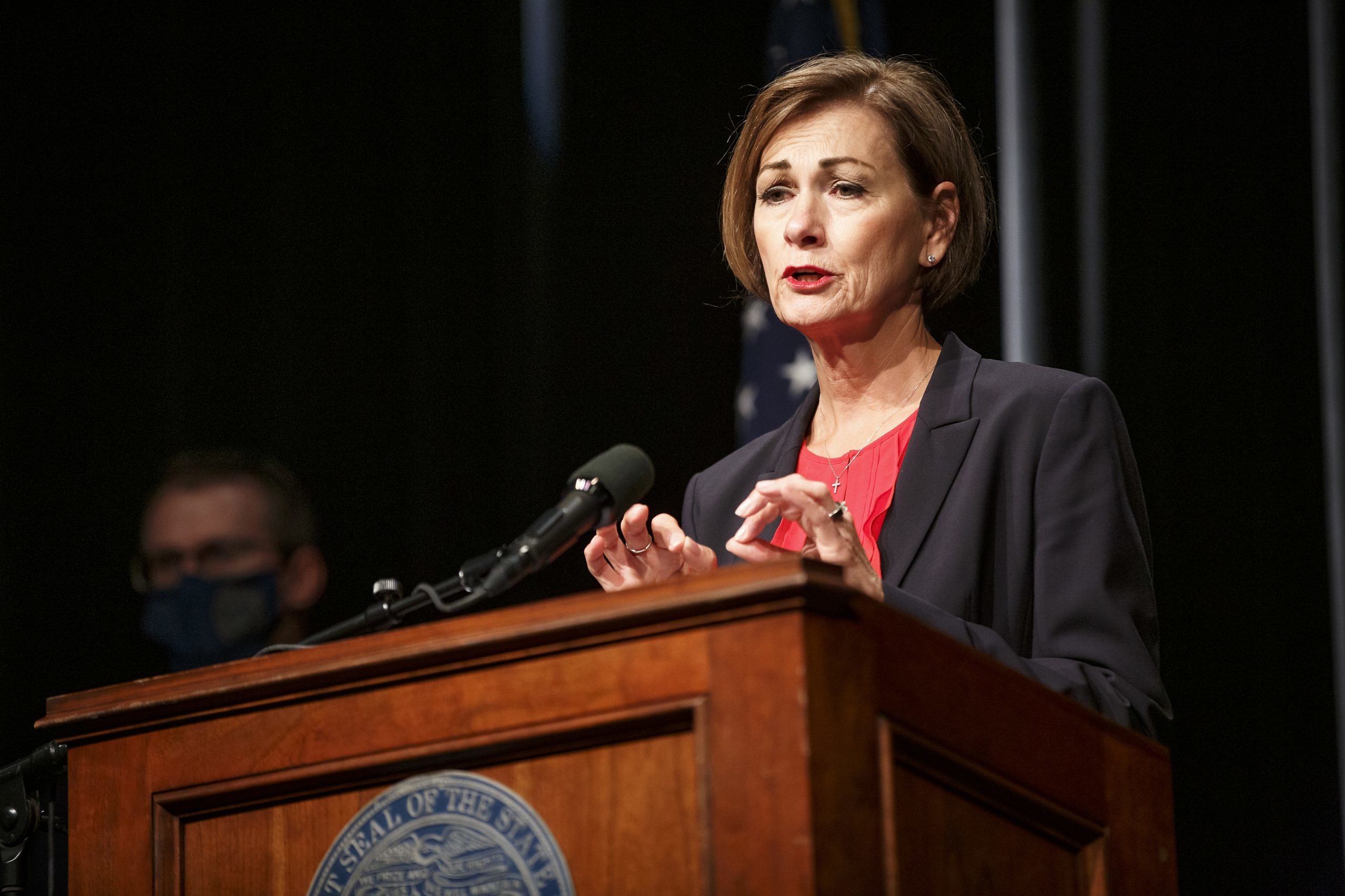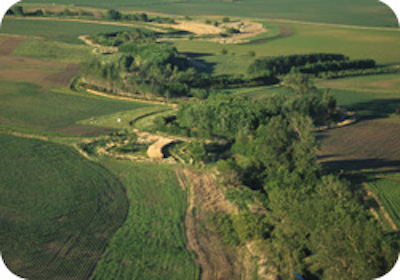Linda Schreiber writes commentary on selected legislative issues.
While Iowa’s public universities support one in every ten jobs and generate billions of dollars in economic impact statewide, Republicans are pushing for yet another layer of oversight on the Regent institutions.
House File 2243, introduced by Iowa House Higher Education Committee chair Taylor Collins and eligible for floor debate, would require the Iowa Board of Regents to report to the state legislature and governor on how the board “could establish a performance-based funding model” for the three state universities. That funding model “must include” the following factors: graduation rates, degrees awarded in high-demand fields, postgraduate employment and income, and the number of graduates who stay in Iowa after graduation.
Those metrics already tell a compelling story: the state’s public universities are essential to meeting Iowa’s workforce needs, retaining talent, and strengthening communities across the state.
According to the Iowa Board of Regents, Graduates of the University of Iowa (UI), Iowa State University (ISU), and the University of Northern Iowa (UNI) fuel Iowa’s economy, filling high-demand roles in health care, education, and STEM fields.
Yet legislators frequently criticize the Regent universities while placing increasing constraints on their operations. What Iowans need are clear, accessible facts about the value and success of their public universities—and what those institutions need in return is stable, realistic financial support, not micromanagement, to continue delivering results for Iowa.
Continue Reading...
